atomi, a unique brand, has been shaping Singapore’s furniture and lifestyle market since 2009. Founded by Andrew Tan and Mitsuko Murano, atomi has established a niche by curating an exclusive selection of Japanese furniture and lifestyle products. In this interview with Andrew, we start by exploring the origins of atomi’s name and its philosophy, and how the brand has successfully navigated challenges like global crises and shifting market dynamics to maintain its lead. Andrew shares insights into the brand’s future endeavours, particularly the exciting ‘atomi Homes’ project, designed to offer an escape from the demands of urban life.
Can you tell us about the origin of the name “atomi” and how it reflects the philosophy of your brand?
atomi celebrates Japanese aesthetics and modern living comfort. Its name “atomi” is a fusion of “a” for Andrew and “mi” for Mitsuko, united by “to,” which means “and” in Japanese. Founded by Andrew Tan and Mitsuko Murano in 2009, Atomi meticulously selects a variety of furniture, lifestyle products, and seasonal delights from Japan. You can experience atomi on Level 4 of the Mandarin Gallery, nestled within the Hilton Singapore Orchard, or explore their offerings online through the atomi website, where more products are showcased along with details and pricing—a rarity in the Singapore market, as most furniture retailers do not list their prices online. Our philosophy is centered on introducing Japanese designs and promoting a comfortable lifestyle in the atomi way. We honor authenticity and innovation by establishing atomi as a unique brand that embodies both Singaporean and Japanese values.
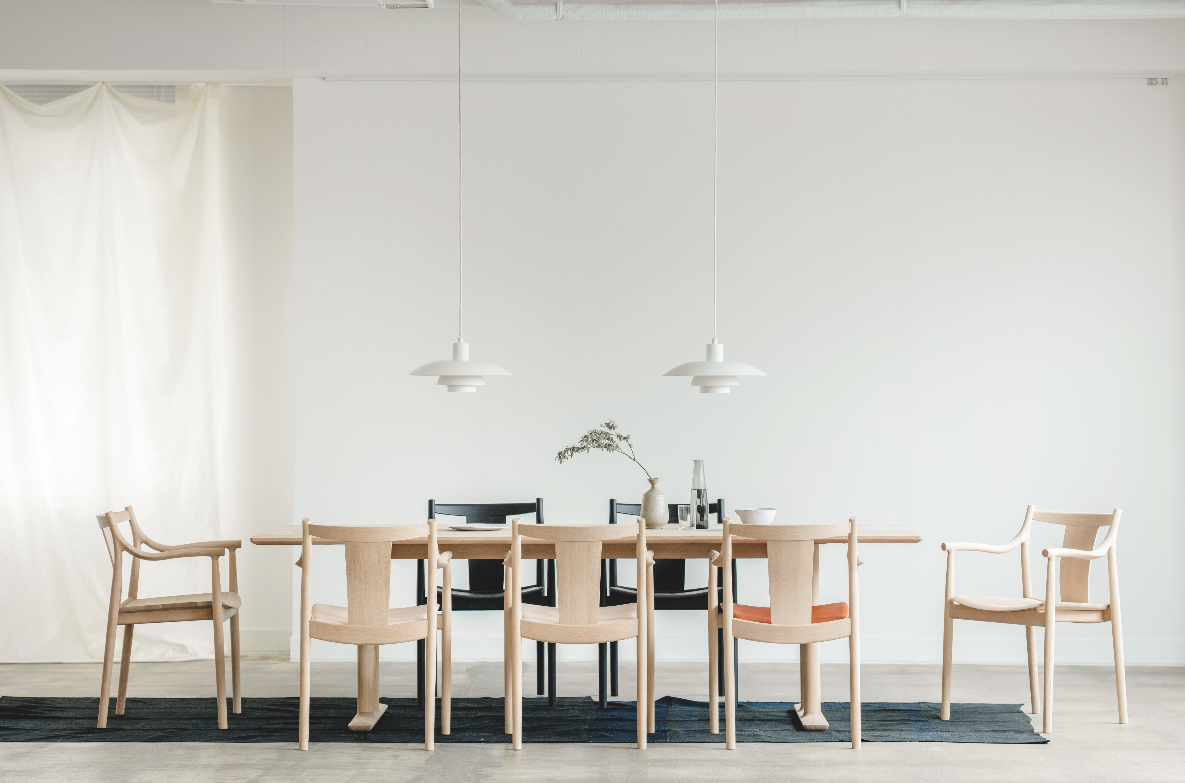
One of the many collections that atomi carries is CHORUS, which showcases the craftsmanship of Nissin furniture.
Since 2009, how has the furniture industry in Singapore evolved, and what role has atomi played in that evolution?
atomi is a unique lifestyle, furniture, and consultancy boutique offering a carefully curated selection of Japanese brands in Singapore. Despite facing challenges such as the triple disasters in Japan in March 2011 and the recent COVID-19 pandemic from 2020 to 2022, we have remained committed to our vision, mission, and core values. We take pride in being an authentic brand and do not carry brands already available in Singapore through other retailers. Additionally, we do not sell replica furniture.
Alongside furniture, we offer Japanese arts, culture, sake, whiskey, umeshu, and other Japanese-made items, making us more than just a furniture store. At atomi also has a consultancy and education arm where we offer professional services to companies in need. Furthermore, we have led the way in the furniture industry by introducing a café or bar within the boutique, digitalisation (such as AR glassware to provide a unique retail experience), and innovation in our service offerings. We aim to cater to residential and commercial projects and educate customers and retail professionals, making it a professional trade to attract talents to join us.
atomi has always strived to be a brand known for just-in-time production, we do not carry large inventory, carrying heavily discounted furniture to clear outdated stocks and encourage consumption of furniture that is built to last. We embraced online commerce to reach out to many and lean on overheads to ensure brand survival.
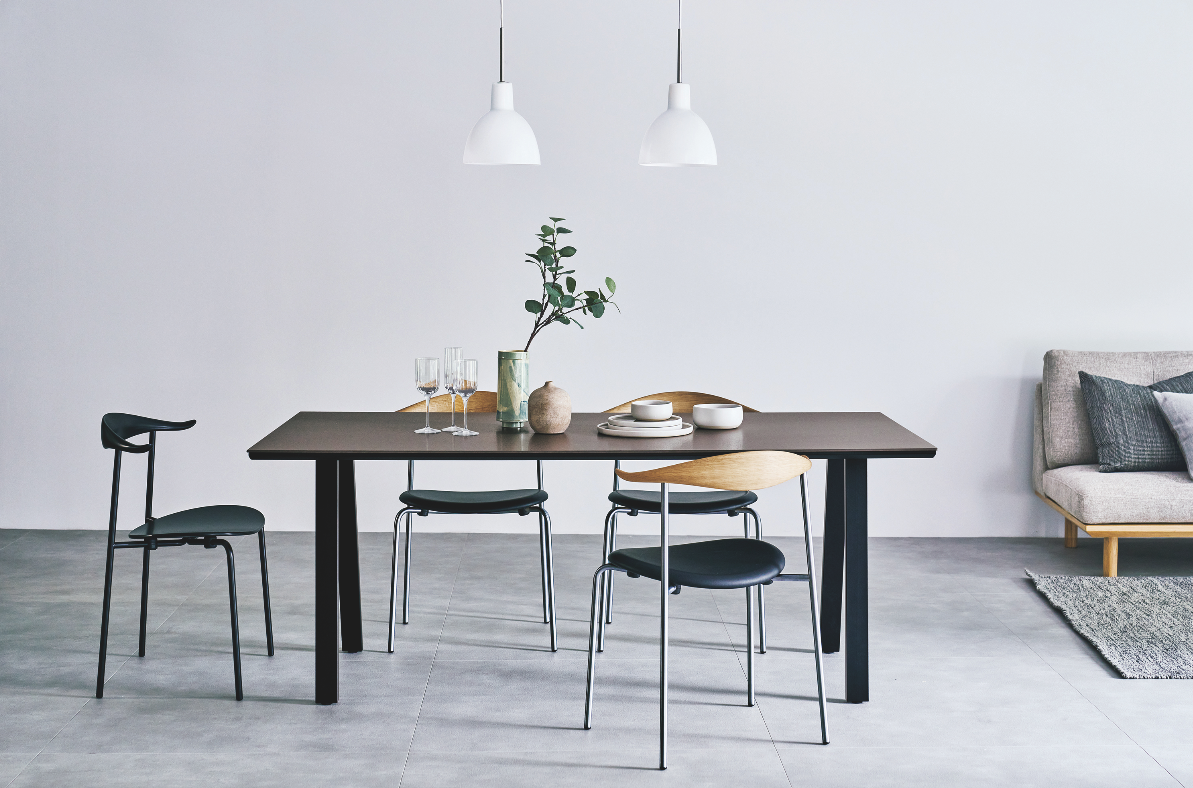
atomi focuses on Japanese aesthetics that are inherently minimalist and sleek. This aligns well with the modern architectural elements of many Singaporean homes, which often favor clean lines and uncluttered spaces.
Could you describe a particular challenge you faced in the industry and how you overcame it?
One significant challenge encountered in the industry pertains to the porous nature of the country, allowing unrestricted furniture imports into Singapore. This factor exacerbates the already small and fragmented market, posing a formidable hurdle for retailers. Foreign brands operate without adherence to local rules and regulations, resulting in the proliferation of counterfeit furniture within Singapore. Conversely, exporting to countries like China, Indonesia, Malaysia, and other parts of Southeast Asia is exceptionally challenging due to stringent customs regulations. We do not have home ground advantage on top of the harsh conditions we must adhere to locally and overseas.
atomi has to be extremely nimble and learn to overcome all these challenges, competitions, and regulations. That’s why we cannot focus all our products and services on furniture alone. We have to widen our products and services to cater to our customer base, locally and overseas. We have to export not only our products but also our consultancy and professional services and knowledge in high technology, innovation, and entrepreneurship.
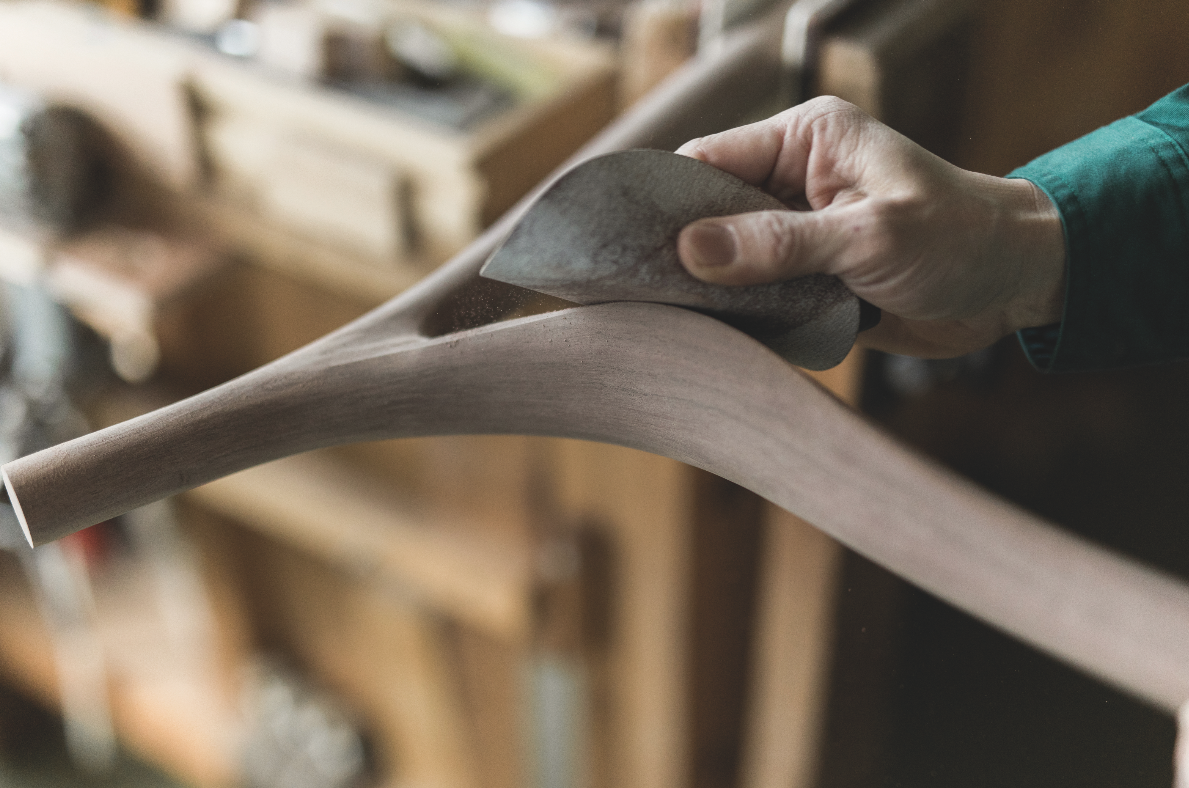
One of the most iconic features of Japanese woodworking is its complex joinery. Traditional Japanese furniture is often made without the use of nails or glue, relying instead on precise joinery techniques that interlock pieces of wood. These techniques, such as the dovetail, mortise and tenon, and many others, are not only aesthetically pleasing but also enhance the durability and structural integrity of the furniture.
atomi is known for its unique selection from Japan. What criteria do you see when deciding which furniture to bring in?
The furniture must be made in Japan, will to give exclusivity to atomi (at least in Singapore), and designed and produced by manufacturers with aligned philosophies. We want to bring brands that are new to Singapore, or first outside of Japan and
we do not want to take in brands that are currently available in Singapore as well. It’s our philosophy to chart our own path and lead our own journey at our own pace. We are a personalised luxe lifestyle shop specialising in Japanese-made products, arts, sake, and technology, perfectly aligned with our vision of Japanese designs and a comfortable lifestyle.
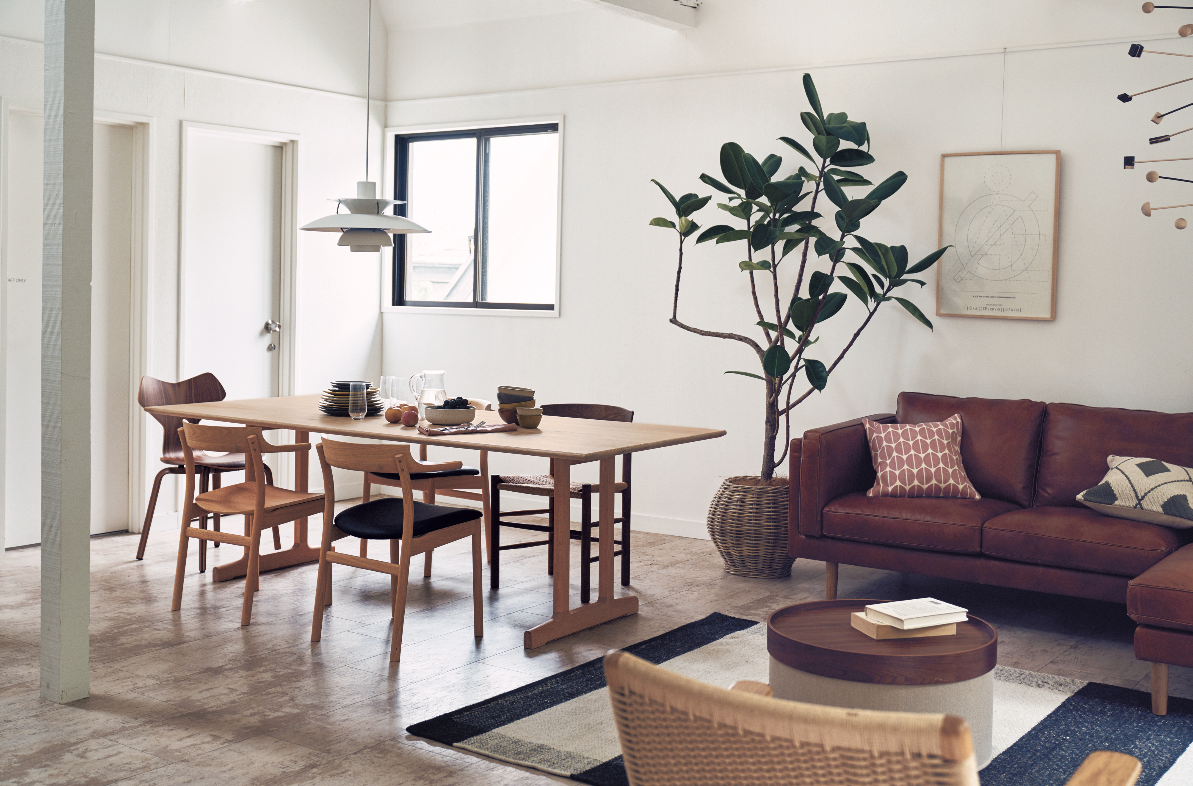
Like the SOUP collection dining table, atomi emphasises high-quality materials and craftsmanship, ensuring that each piece is built to last. This durability is essential in Singapore’s humid climate, as well as for families looking for long-term investments in their furnishings.
Japandi and Wabi-sabi styles have been a growing trend towards aesthetics in Singapore. Could you share how atomi educates its customers about the deeper meanings behind these styles?
atomi has been hosting discussions, sharing about styles, and has even published a book titled “The Atomi Way” to provide an insider’s guide to Japanese lifestyle, culture, and retail scene. Many people around the world love everything Japanese, including Japanese design, cuisine, lifestyle, and culture. “The Atomi Way” provides a valuable inside look into Japan’s unique qualities. The fusion of two cultures and my personal experiences as a “son-in-law of Japan” make this book an ideal guide to this fascinating exploration. Topics covered in the book include the beauty of Japanese design, the consumer mindset of the Japanese, the business culture of Japanese organizations, and the life of a Singapore-Japanese family. We offer insights into the unique aspects of Japan, the philosophy behind Japanese aesthetics, the mindfulness of Japanese business culture, Japan’s education system, and more. For admirers of Japan’s distinct culture, this book is a delightful and enlightening read.
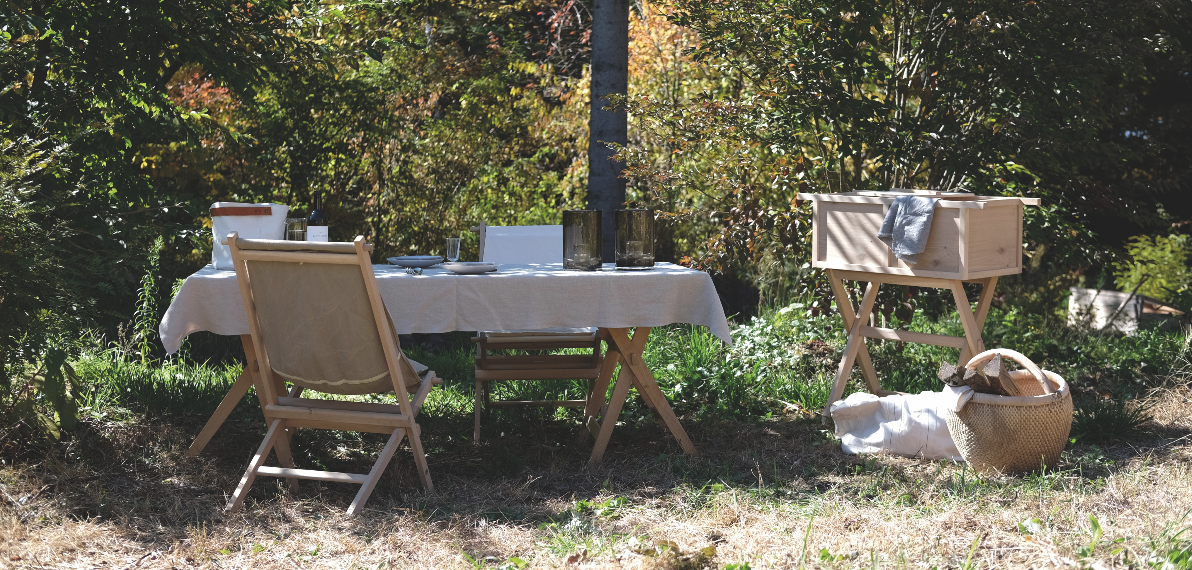
Japanese woodworkers traditionally use local woods that are known for their strength, beauty, and durability. Woods such as hinoki (Japanese cypress), sugi (Japanese cedar), and keyaki (Japanese elm) are commonly used. These materials are often celebrated for their natural grain patterns, colour variations, and textures, which are intentionally showcased in the final pieces. The Primitivo Collection is crafted from Japanese oak.
What are the common challenges you see in the interior design industry as a business consultant, and what advice would you give to new entrepreneurs?
The interior design industry is on the brink of disruption due to technological advancements, leading to easy accessibility of tools for homeowners and end users. Consequently, contractors and subcontractors are expanding their services to include interior design, providing a one-stop boutique for home renovations and basic interior design. This shift has made interior design services extremely cost-sensitive, driving most homeowners to prefer conducting their own research and sourcing furniture online and offline for the best prices. For new entrepreneurs aspiring to venture into the sector, I strongly advise them to enter with their eyes wide open and be fully prepared for the challenges ahead. We are competing with not just the locals, but also the virtual competition from overseas.
Singapore is an extremely open economy and well connected to the global market. Consumers are able to buy and import from any part of the world. Being one of the most expensive cities to live in, the high cost of operations is going to be your biggest challenge to overcome.
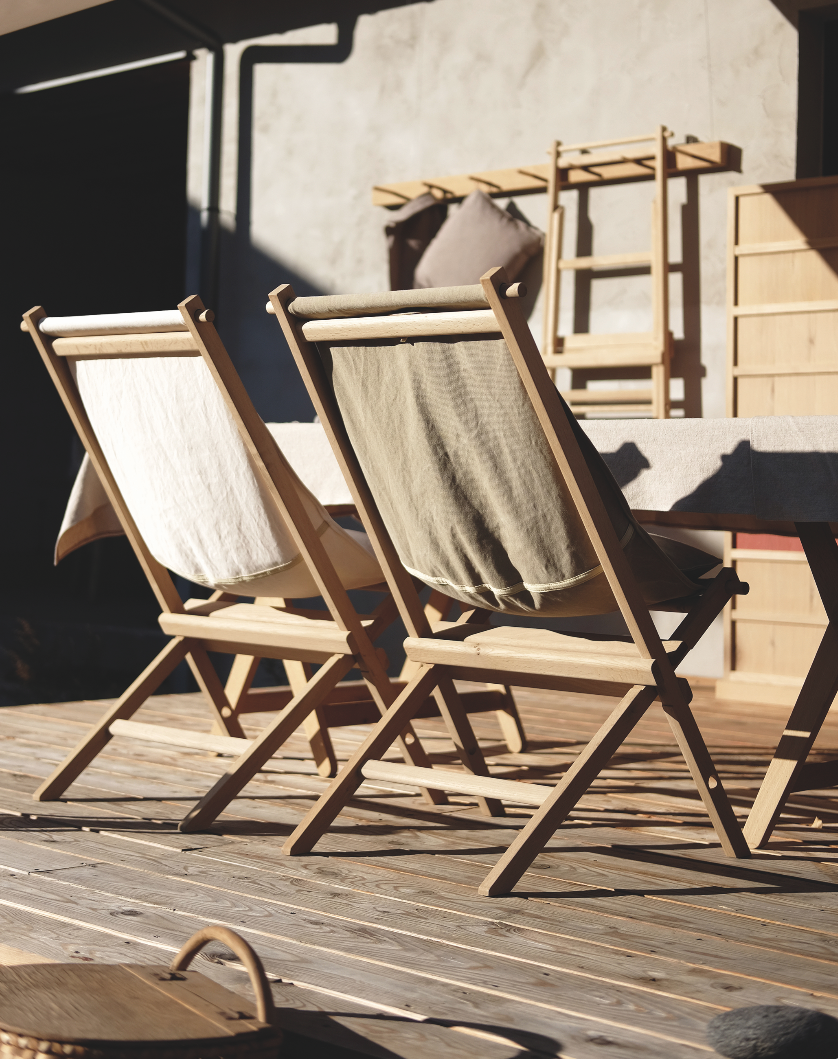
The Primitivo Collection celebrates the simplicity of structure and the intelligence of human ingenuity. Each piece is designed for self- assembly, offering a hands-on building experience and a deeper appreciation of craftsmanship. This collection features smaller packaging to minimise transportation energy loads, that emphasises the brand’s commitment to eco-friendliness.
Has and how has the digital transformation affected your business, particularly in terms of marketing and customer engagement?
Digital transformation has been a significant development in my career. I have experience as an entrepreneur, a corporate professional, and an educator, particularly in the field of digital transformation. During the COVID-19 pandemic, I trained adult learners to embrace digitalization. I have also worked as a lecturer, mentor, course coordinator, and curriculum developer for entrepreneurship, innovation,
and transformation courses at a top local university for undergraduates, postgraduates, and SME owners. I can offer holistic perspectives, enabling me to stand out in the retail sector. With advanced technologies available to SMEs, such as atomi, we are able to compete effectively and efficiently, even without a large workforce. Digitalization allows me to connect with customers globally and provide service from the US to Japan, Hong Kong to Southeast Asia, in English, Chinese, and Japanese, on multiple social network platforms and e-commerce sites.
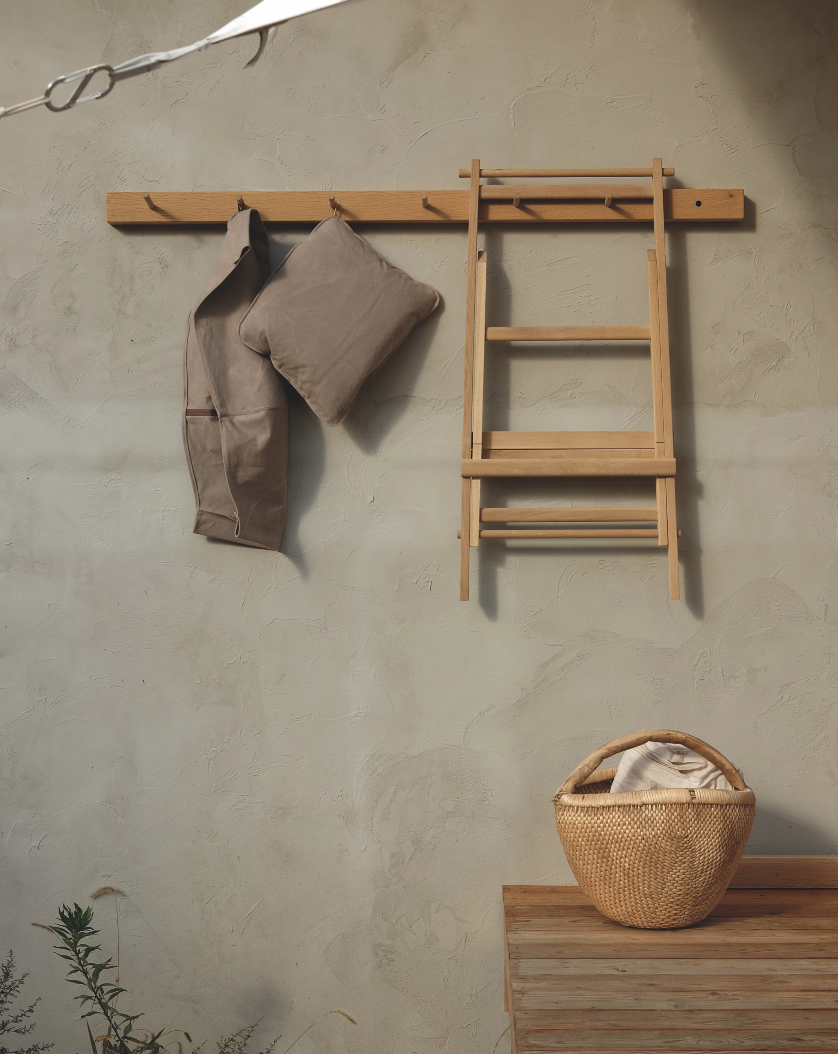
What have been some of the most significant changes in consumer preferences regarding furniture and interior design since you started atomi?
After 15 years of operations, we have observed significant changes in consumer preferences, particularly in the wake of COVID-19. The impact of the pandemic has been profound, not only during the difficult years of COVID-19 but also in the post-pandemic era. Currently, consumers in Singapore are contending with the high cost of living, while tourists are facing challenges due to the strength of the Singapore dollar and the high cost of airfare, accommodations, and travel within Singapore. The escalating property prices have caused a significant shift in consumer preferences for furniture and interior design. As consumers strive to strike a balance between working from home and the office, we anticipate a trend of creating dedicated work and study spaces within the home will continue to evolve and have the potential to grow further. Versatility in the furniture, be it in the usage, and flexibility in mobility so that the furniture can be shifted around easily to accommodate new layout and usage. It appears that sustainable furniture has not gained traction in Singapore. Consumers still view furniture as consumables and prefer to change it every few years. As a result, they continue to opt for cheap or replica furniture due to the low prices and perceived lack of quality. Coupled with the widespread availability of inexpensive furniture online, we expect the furniture industry to continue to compete based on cost and austerity.
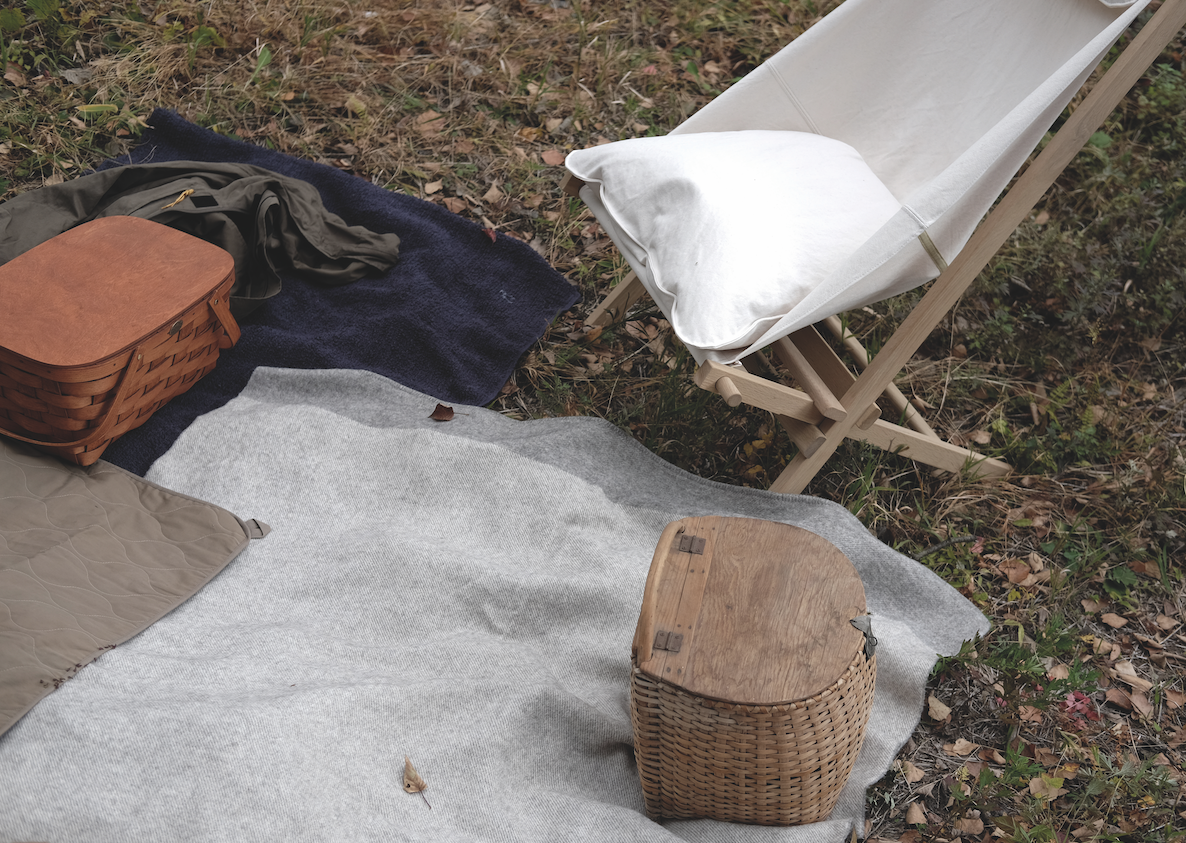
Can you share a success story of a business decision or project that had a significant impact on atomi?
Mitsuko and I are dedicated to upholding the authenticity of our independent boutique. Rather than pursuing aggressive expansion through the acquisition of larger retail spaces and the employment of additional staff to bolster market share, we have opted to bootstrap our business. Our approach is characterised by its lean structure and unwavering focus
on key brands and supportive business partners who share our long-term vision. Our emphasis is on cultivating a sustainable business model rather than chasing short-term gains. This strategic choice has proven beneficial during the COVID-19 period, enabling us to weather the exceptionally challenging post-COVID-19 landscape, particularly as travel has resumed and the retail sector faces ongoing difficulties. Our capacity
to remain lean and agile affords us the ability to strategize for the long term while navigating the current circumstances.
What’s next for atomi? Are there any exciting projects or collaborations on the horizon?
We are currently working on our “atomi homes” projects as part of our new strategic initiative. The initial project centres around the concept introduced in our recently published book, “The Atomi Way,” which involves the development of atomi houses. Having firmly established itself as a prominent Japanese furniture and lifestyle brand in Singapore, we are expanding our business model by introducing a distinctive collection of “holiday houses” across Mitsuko’s native country, Japan. Renowned for its unspoiled landscapes and rich cultural heritage, Japan has long been an attractive destination for vacationers from both regional and global spheres. Furthermore, amidst an increasingly urbanised and digitised world, Japan’s ability to harmonise modernity with nature renders it an ideal sanctuary for individuals seeking the amalgamation of these two realms. Drawing upon atomi’s product expertise and prior endeavours in reimagining and designing residential and commercial spaces, we aspire to offer a welcoming “home away from Singapore” for those in pursuit of a temporary respite from the rigours of urban life.
This post was adapted from an article originally published in the June 2024 issue of SquareRooms.



